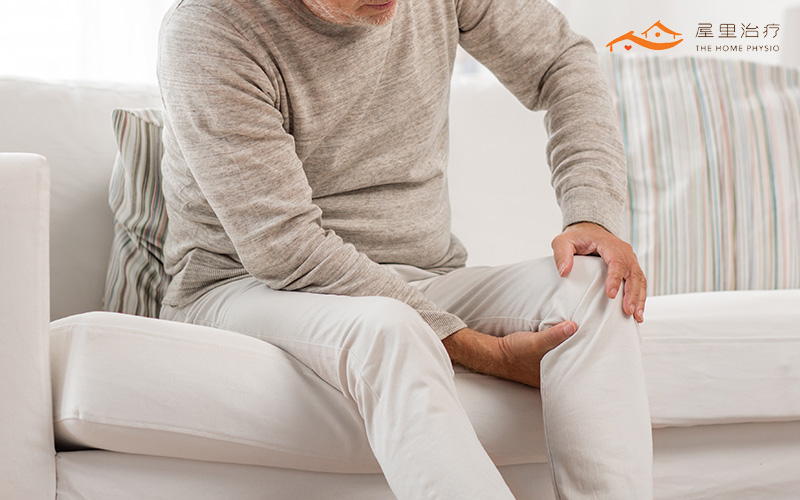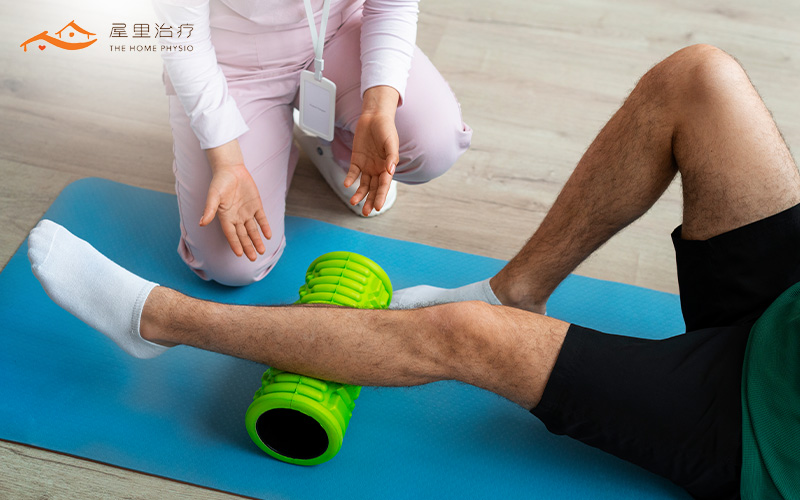Key Takeaways
- Osteoarthritis is a form of arthritis that commonly impacts joint function, causing pain, reduced flexibility, and difficulty with everyday movements.
- Lifestyle changes, such as weight management and low-impact exercise, are often recommended for mild to moderate stages of the condition.
- Medications may be prescribed to relieve symptoms, while physiotherapy can help strengthen joints, improve balance, and support daily movement.
- Injections or surgical interventions may be considered when conservative osteoarthritis treatments are no longer sufficient.
Understanding Osteoarthritis: Why Early Management Matters

Known as the most common type of arthritis in the world, osteoarthritis is characterised by the gradual breakdown of cartilage due to factors like ageing, joint overuse, and prior injuries. This condition typically leads to joint stiffness, reduced flexibility, and discomfort during movement. While there is currently no cure, a combination of osteoarthritis treatment options can help manage symptoms, support joint function, and maintain the patient’s quality of life.
Managing Osteoarthritis Pain with Lifestyle Adjustments
Lifestyle changes are usually recommended in the early to moderate stages of osteoarthritis, especially when symptoms like joint stiffness or occasional pain start interfering with daily activities. If you have been diagnosed with mild osteoarthritis or if your symptoms tend to flare up after physical activity, making small adjustments at home can help relieve discomfort.
Your medical professional may recommend:
- Maintaining a healthy weight to reduce stress on weight-bearing joints, like the knees and hips.
- Incorporating low-impact exercises, such as walking, swimming, or cycling, to support joint mobility and strengthen supporting muscles.
- Pacing your activities by alternating periods of movement and rest to avoid overloading the affected joints.
- Modifying your daily routine or workspace to reduce repetitive strain—this might include using joint-supportive footwear or ergonomic tools.
Medication for Osteoarthritis
Medications may help ease discomfort and minimise swelling when symptoms worsen. In Singapore, common options for osteoarthritis treatment include:
- Over-the-counter painkillers, like paracetamol, for mild pain
- Non-steroidal anti-inflammatory drugs (NSAIDs) to ease swelling and stiffness
Medications are often used as a broader osteoarthritis treatment plan. Your doctor or specialist will recommend the most suitable option based on the severity of your symptoms, your medical history, and any existing conditions.
How Can Physiotherapy Help with Osteoarthritis?

Physiotherapy is another non-surgical osteoarthritis treatment option. A physiotherapist may introduce exercises that focus on strengthening the muscles around the affected joints, supporting your range of motion and maintaining balance. They also provide guidance on posture, walking patterns, and everyday adjustments to help reduce discomfort. These strategies can be tailored to suit your specific condition and needs.
If getting to a clinic is difficult due to mobility issues, home physiotherapy services in Singapore allow you to continue your care without needing to travel. In-home sessions can be adapted to your living space and daily routine, and can be a practical option for older adults who prefer familiar surroundings or require additional support.
When Should You Consider Further Interventions for Osteoarthritis?
If lifestyle changes, physiotherapy, and medication are not providing enough relief, you should consult your doctor for more advanced osteoarthritis treatment options, such as corticosteroid injections. Injections are sometimes employed to reduce swelling and temporarily alleviate pain and stiffness in the joints.
In more severe cases—especially when osteoarthritis limits your ability to walk, climb stairs, or perform daily tasks—joint replacement surgery may be considered. However, this is usually recommended after a thorough discussion with your healthcare provider about your treatment goals, possible outcomes, and recovery timeline.
Following surgery, post-operative physiotherapy plays an important role in the recovery process. It can help with gradually rebuilding strength, improving joint mobility, and supporting safer movement over time.
Taking Charge of Osteoarthritis: What You Can Do Next
Having osteoarthritis does not mean you have to stop doing the things you enjoy. By exploring a combination of lifestyle changes, physiotherapy, and medical treatments, it’s possible to manage symptoms and maintain mobility.
If you’re exploring osteoarthritis treatment options in Singapore, it’s important to speak with a healthcare professional about what best suits your needs. At The Home Physio, we provide home-based physiotherapy and elderly home care services in Singapore, offering treatment in settings that may be more accessible for individuals with mobility limitations.
To discuss whether home physiotherapy is suitable for you or a loved one, feel free to reach out to us today.
